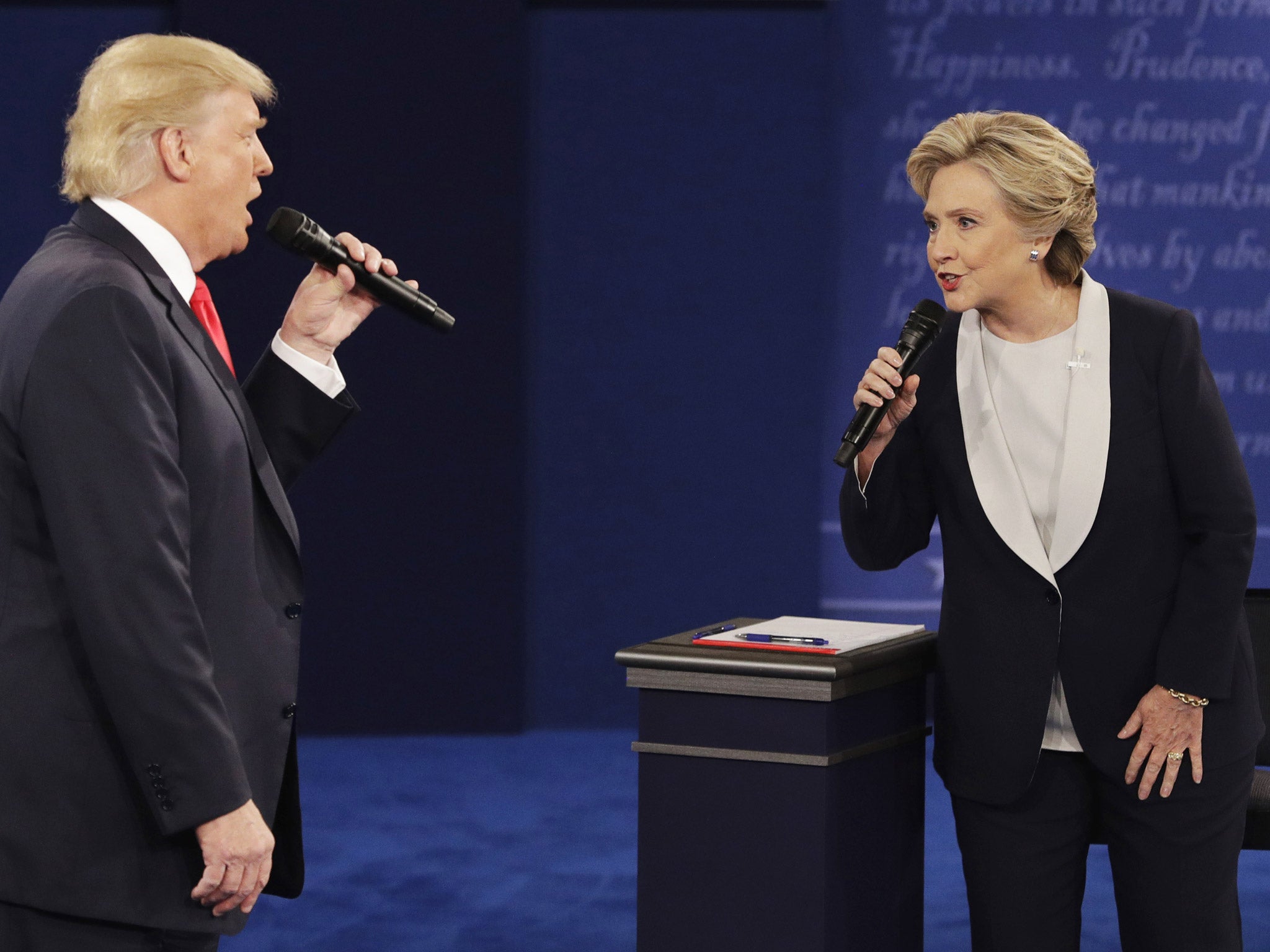The polls got Brexit horribly wrong — but there's one reason that might not happen in the US election

Polls in the US have jumped around a lot in the past few months, but they've nearly always shown Democratic candidate Hillary Clinton leading Donald Trump.
For her supporters, there's always been a nightmare scenario: Brexit. In June, voters in the United Kingdom voted for their country to leave the EU. Polls taken before the referendum were something of a mixed bag, indicating a close race, but but with an edge for the Remain side.
Then the nation woke up on June 24 to a shock: The polls had been wrong. Leave had won.
An American listener living in the UK asked NPR's politics podcast if the US might see a similar polling failure.
"There is a chance," Courtney Kennedy, director of survey research at the Pew Research Center, told the program. "But it looks to be small."
The reason, she said, is that polling in the UK is different than in the US.
British pollsters rarely use what's called probability-based polling. That's when everyone in a population has a chance of being selected for a survey. In the US, pollsters have access to a master list of telephone numbers across the country, "that way we do know the probability that each person was selected," Kennedy said.
The UK doesn't use these "because it's expensive," she said.
That doesn't mean polling in the US is uniformly better. There are hundreds of polls with different methodologies. Some have live callers reaching out to people, others have taped questions with an automatic caller, and others use online surveys.
There's also a lot of art and science for pollsters interpreting the results they receive, as they try to decide who's "likely" to vote. And the cost to run a survey can vary widely.
"Some polls cost $100,000, and some polls cost $2,000 — and guess what, one has better data than the other," she said.
That's partly why poll results vary so much. In the same week, one can show Clinton up 11 points while another can show a 1-point lead for Trump.
Differences in polling methods are not the only reasons polls failed to predict Brexit in the UK. Some pointed to low voter turnout among younger Britons, who tended to favor Remain. The death of Labour MP Jo Cox days before the vote may also have been a factor.
Donald Trump, using protectionist and populist language in his campaign, has said if he wins it will be like "Brexit times 10." But if the US polls, with their random samples, are right, his chances for a Brexit-like upset are less likely.
Read more:
• This chart is easy to interpret: It says we're screwed
• How Uber became the world's most valuable startup
• These 4 things could trigger the next crisis in Europe
Read the original article on Business Insider UK. © 2016. Follow Business Insider UK on Twitter.
Subscribe to Independent Premium to bookmark this article
Want to bookmark your favourite articles and stories to read or reference later? Start your Independent Premium subscription today.

Join our commenting forum
Join thought-provoking conversations, follow other Independent readers and see their replies